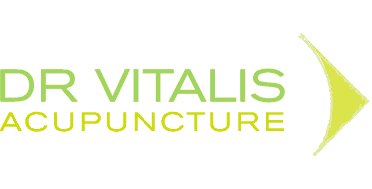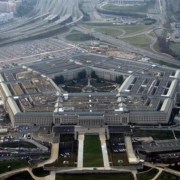Picture this: a patient lies on the operating table, prepped for surgery. As the medical team assembles, a practitioner steps forward, armed not with a scalpel, but with slender needles. In this moment, ancient wisdom and modern medicine converge, and the power of acupuncture is unleashed.
Researchers at Duke University Medical Centre in North Carolina delved into 15 clinical trials, analysing the effects of acupuncture on post-operative pain control. What they found was a revelation: acupuncture, an ancient Chinese practice involving the insertion of fine needles into specific body points, is valuable for reducing pain in surgery patients.
The trials revealed that patients receiving acupuncture before or during various types of surgery experienced significantly less post-operative pain compared to those who did not. Furthermore, these patients required less morphine or other opioid pain medication, resulting in reduced side effects such as nausea and vomiting.
In fact, acupuncture patients experienced 1.5 times lower rates of nausea, 1.6 times fewer reports of dizziness, and 3.5 times fewer cases of urinary retention compared to their non-acupuncture counterparts. These findings bolster the growing body of evidence supporting the use of acupuncture to improve the surgical experience for patients.
Despite these promising results, the use of acupuncture in Western medicine remains limited. Dr. Tong-Joo Gan, Vice Chairman of Duke’s Anesthesiology Department, believes that a lack of familiarity and training in acupuncture among Western doctors contributes to its underutilisation. He calls for surgeons and anesthesiologists to have an open mind and consider the potential benefits of this ancient practice.
Additionally, you may read the story covering this study on Reuters.



